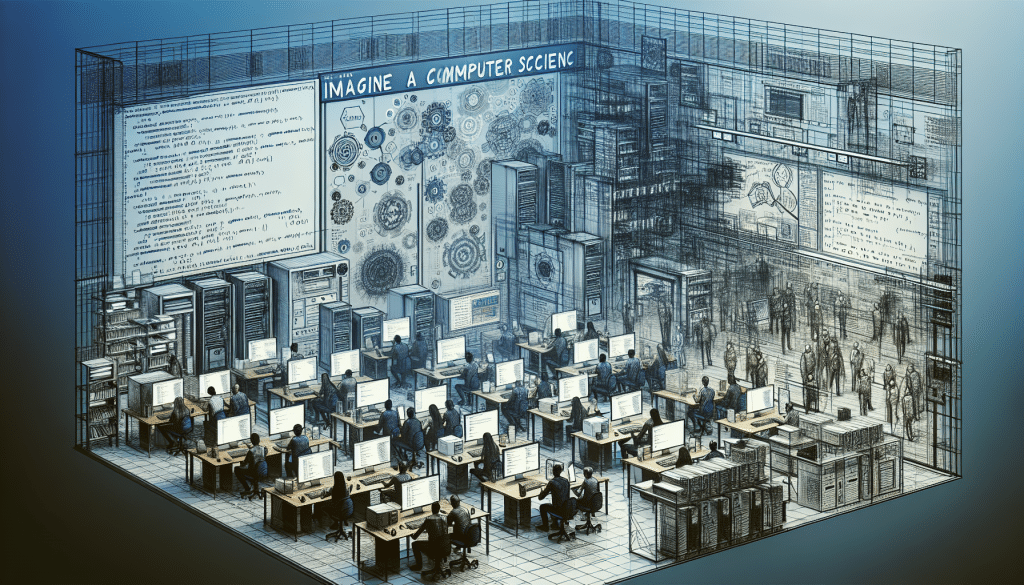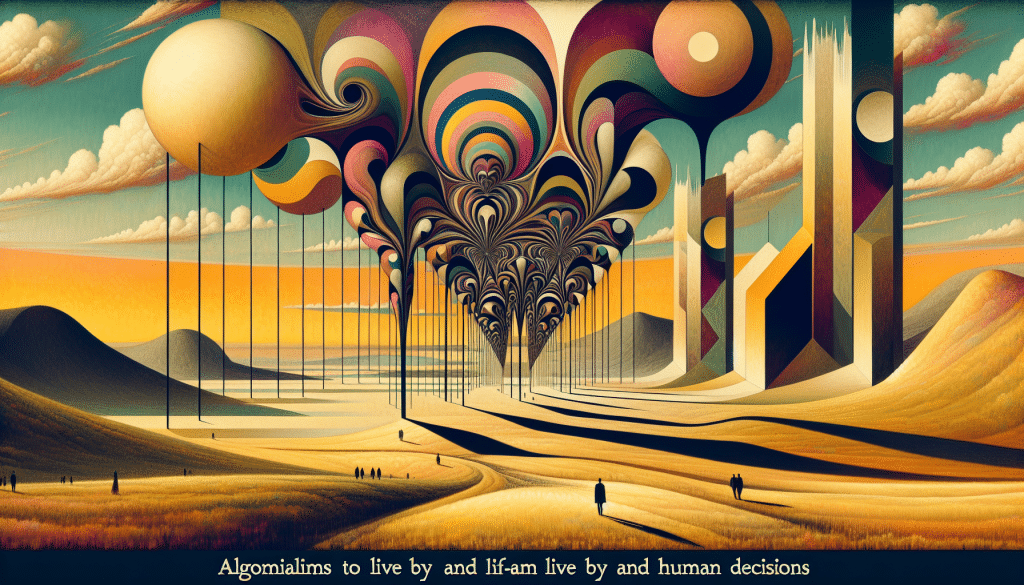Quantum Computing

Quantum computing is a revolutionary field in computer science that promises to drastically change the way we process and analyze information. Unlike classical computers that use bits to represent data as either a 0 or 1, quantum computers use quantum bits, or qubits, which can exist in a superposition of states. This allows quantum computers to perform complex calculations at a much faster speed than classical computers. In this article, we will explore the technical aspects of quantum computing as well as its potential applications and implications for the future of technology.
Understanding Quantum Computing: A Technical Overview
Quantum computing is based on the principles of quantum mechanics, a branch of physics that deals with the behavior of particles at the smallest scales. In a classical computer, information is represented using bits, which are binary units that can be in one of two states: 0 or 1. In contrast, qubits can exist in a superposition of both states simultaneously, allowing quantum computers to perform many calculations at once. This parallel processing capability is what gives quantum computers their immense computational power.
One of the key concepts in quantum computing is quantum entanglement, where the state of one qubit is dependent on the state of another, even if they are physically separated. This phenomenon allows quantum computers to perform intricate calculations that would be impossible for classical computers. However, quantum computing is still in its early stages of development, and researchers are facing numerous challenges in building stable and reliable quantum systems. Overcoming these challenges is crucial for the realization of the full potential of quantum computing.
Quantum computers have the potential to revolutionize fields such as cryptography, optimization, and drug discovery. For example, quantum algorithms could break existing encryption methods that are currently considered secure, posing a threat to data security. On the other hand, quantum computers could also significantly speed up the process of drug discovery by simulating the behavior of molecules and predicting their interactions with other substances. These are just a few examples of the transformative impact that quantum computing could have on various industries in the near future.
As quantum computing continues to advance, it will be exciting to see how this technology shapes the future of computing and unlocks new possibilities for innovation. While there are still challenges to overcome, the potential benefits of quantum computing are undeniable. From revolutionizing data encryption to accelerating scientific research, quantum computing has the power to revolutionize the way we solve complex problems. As researchers and engineers continue to push the boundaries of quantum technology, we can expect to see even more groundbreaking applications emerge in the years to come.





















Responses